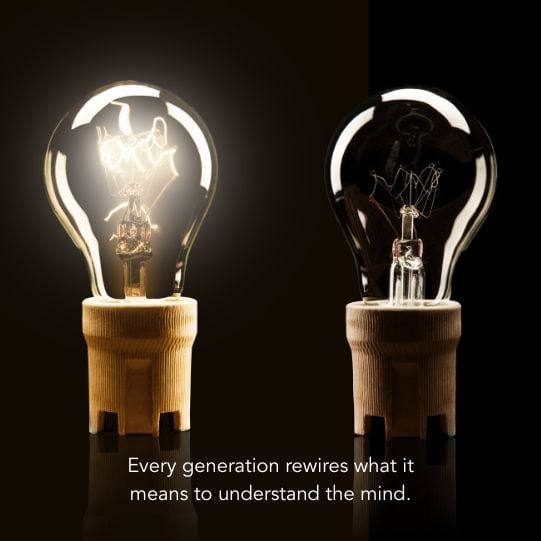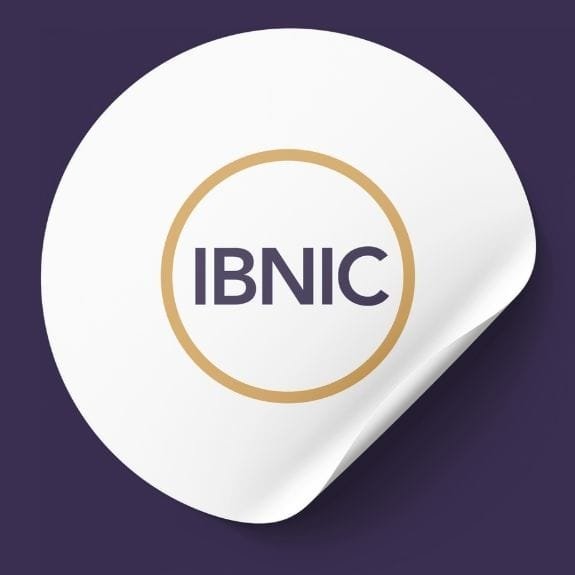Voluntary NLP Accreditation and Certification | IBNIC
IBNIC (International Board of NLP and Integrative Coaching) is an independent nonprofit standards body providing NLP accreditation and NLP certification for coaches grounded in ethics, transparency, and quality.
Indepedent non-profit board.
Future-focused global council of experts in NLP, neuroscience, psychology, positive psychology, education, and technology, including other evidence-based fields that support integrative coaching, welcoming trainers and practitioners from all recognized NLP lineages.
Why NLP Needs a Future-Focused Standard
NLP was born in the 1970s as a bold experiment in modeling human excellence. But the world it was built for no longer exists.
Origins: NLP was a stand-alone methodology for change and communication, revolutionary for its time but created in a smaller world without coaching, neuroscience, positive psychology, or the internet. Training pathways developed through training models shaped by early pioneers of the field, with structures centered on lineage and licensing through course completion.
Today: NLP does not need to be rewritten; it needs to evolve. Coaches and professionals now look for accreditation with clear oversight, standards, and measurable quality review. Trainers draw from evidence-informed science in well-being, communication, technology, and coaching. Yet much of today’s learning happens online without structured evaluation or ethical monitoring. Live training remains the gold standard for quality and human connection. With greater cultural, ethnic, gender, and generational awareness, NLP grows through context rather than one-size-fits-all methods.
IBNIC’s Role: A future-focused NLP accreditation framework with certification standards and NLP certification for coaches, ensuring ethics, measuring quality, and maintaining transparent peer review.

The Nine Pillars of IBNIC NLP Accreditation
NLP is ready for its next evolution. The Nine Pillars of IBNIC define what modern accreditation looks like: evidence-based, transparent, and accountable. Each pillar restores trust in NLP education by aligning ethics, science, and practice with the way people actually learn, lead, and coach today.
NLP Accreditation & Certification: FAQs

